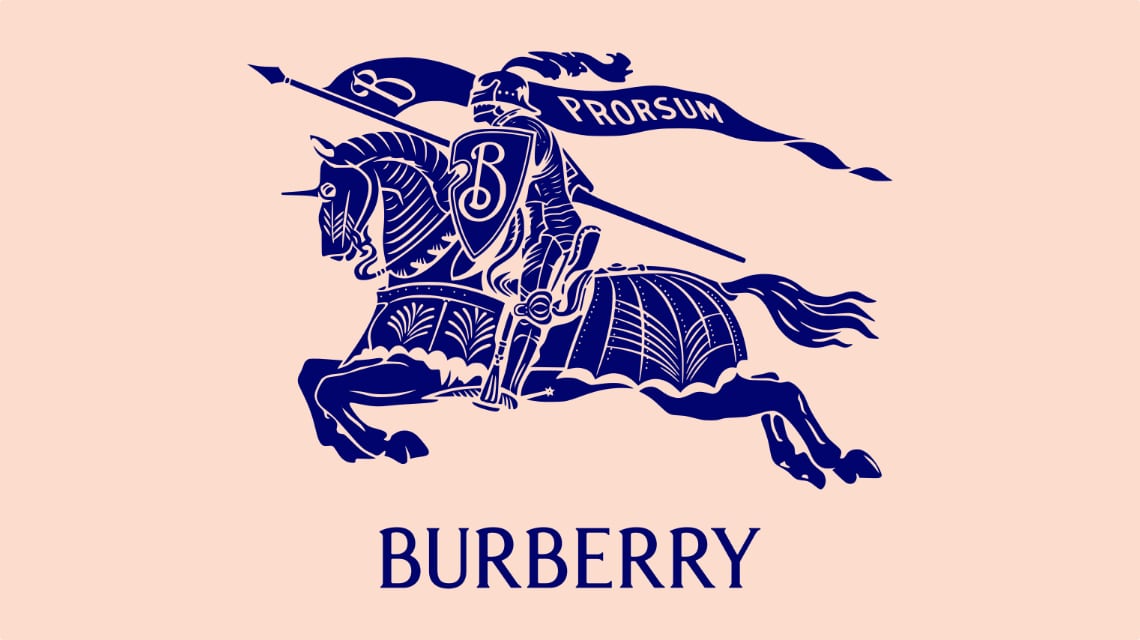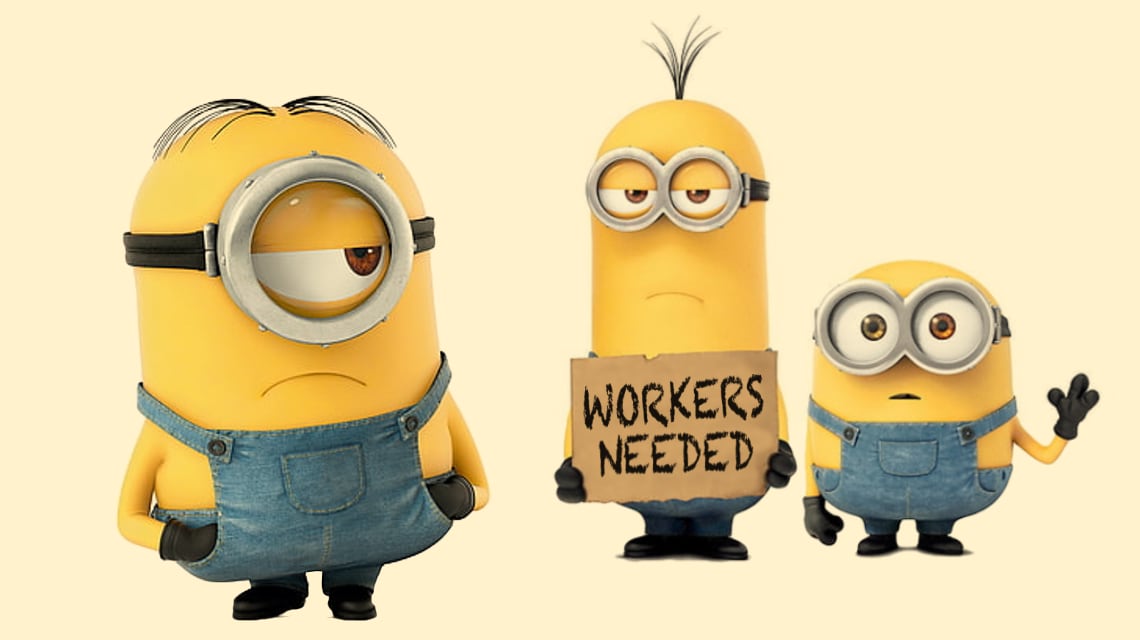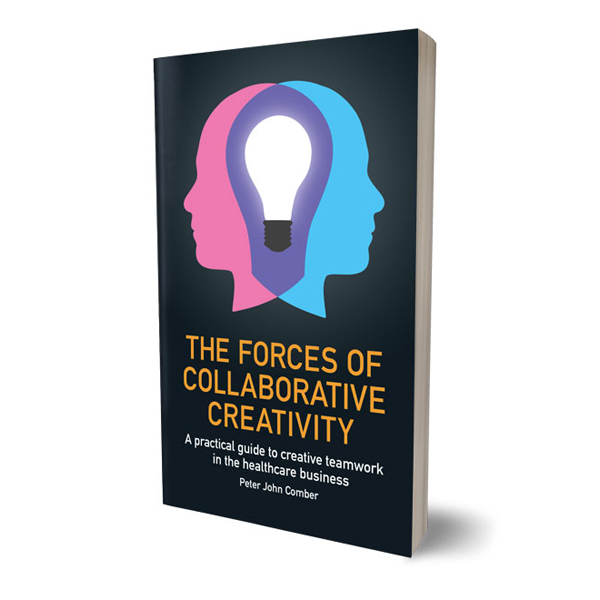The importance of sharing.
I am now the author of a soon to be published business book, because sharing what we know and believe is important.
I finished the first draft of ‘The Forces of Collaborative Creativity’ at the end of January this year. It's a business book whose subject is the methodology used by Atstrat, a company I co-founded. The book is in two parts, the first presents the philosophy of Collaborative Creativity and its applications, the second part is a practical guide on how to design and run Collaborative Creativity sessions.
At the heart of Collaborative Creativity is the idea that sharing experiences and thought processes improves teamwork and decision making. I believe that workplaces can and should provide better tools that allow emotion and irrational thinking to be constructively examined because my experience tells me that this leads to better results. It is only coherent that a philosophy that believes in sharing should be shared with others and my how-to book is a way of promoting more widespread adoption.
Collaborative Creativity improves mutual understanding among heterogeneous groups and there are signs that more people are realising that diversity is positive. The subtitle of the book is, ‘A practical guide to creative teamwork in the healthcare business.’ Atstrat works predominantly with pharmaceutical companies, in markets where there are many, diverse stakeholders. It is common and understandable for each party to see an issue only from their own perspective - Collaborative Creativity brings together diverse stakeholders and helps them comprehend each other, see a broader horizon and identify common interests and find solutions that benefit all parties.
I wrote and revised the second draft of the book during the pandemic-induced lockdown in northern Italy, where I live. It was unnerving to write about the benefits of coming together when a large part of the world was distancing and isolating. I kept going because I was and am confident that the emergency will pass, although it seems likely that some of its effects will be lasting, for many the percentage of time spent in their employer’s offices will never return to the levels before Covid-19.
This means reinventing some aspects of the way we work. Collaborative Creativity has already proven effective in helping teams design new ways of interacting and keeping remote teams focused and united. For those who are facing a situation that will not return to the previous norm, creative teamwork can help them define the new norm while also, potentially, becoming a part of the new norm. Used periodically Collaborative Creativity, can provide a relatively isolated workforce with co-authorship of new projects and procedures. Self-determination is a powerful motivator but the risk it poses in work environments is non-standard processes. Standard practices imposed by a higher authority allow organisational coherence but are often inflexible, potentially inefficient and demotivating. Collaborative Creativity can help teams define or refine practices that meet objectives defined by leaders while also corresponding to the collective needs and preferences of the individuals in the team.
‘The Forces of Collaborative Creativity’ will be published on October 27 of this year, a mere two months away, yet imagining even the near future is problematic due to the uncertainty in which we all now live. Current predictions tell us that another year will pass before Covid-19 ceases to be a threat. Even for those who believe everything will eventually return to normal that eventuality is distant. Resilience is the ability to withstand shocks until normality is restored while adaptability allows a system to evolve and turn shocks into opportunities. Change and innovation were popular notions before the pandemic made them a necessity but in reality, most established companies in mature markets were geared to optimisation, not disruption. The extraordinary disruption of Covid-19 has forced even the most conservative companies to make rapid changes and wildly accelerate their adoption of new methods of working. The economic impact of this has fallen on the companies but the psychological and physical impact has fallen on their employees. In exceptional circumstances, people have accepted exceptional challenges but this resilience can only be temporary, it is not sustainable long-term - individual and systemic adaptability is required.
A society is defined by what the individuals within it share. The once stable societies within companies are changing rapidly. I predict that approaching this change thoughtfully, methodically and chorally will be a differentiator of those who evolve and those who strenuously and vainly attempt to remain resilient.





